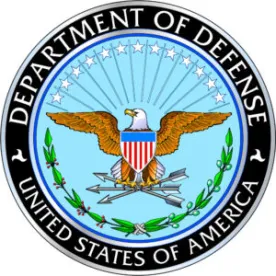Defense industry contractors commonly use non-disclosure agreements to protect their confidential information against potential misappropriation by departing employees, but they must exercise caution regarding the scope of these agreements.
On October 28, 2022, the Department of Defense (DoD) announced a final rule amending the Defense Federal Acquisition Regulation Supplement (DFARS) to prohibit the award of any DoD contracts to an entity that requires its employees to sign internal confidentiality agreements or statements that would prohibit or otherwise restrict its employees from lawfully reporting waste, fraud, or abuse related to the performance of a DoD contract to a designated investigative or law enforcement representative. The prohibition applies to contracts for commercial products and services, as well as contracts below the simplified acquisition threshold.
Non-disclosure agreements are ubiquitous in the defense industry. Employers sometimes draft these agreements very broadly, believing that it will provide the broadest level of protection for their confidential information. Under regulations such as the new DoD rule, however, employers must be careful that their non-disclosure agreements are not so broad that they might restrict employees from reporting potential violations of law to appropriate law enforcement agencies. Many employers may already be familiar with the Defend Trade Secrets Act of 2016, which contains safe harbor provisions for whistleblowers. The new DoD rule takes the approach a step further. Not only will an overly broad agreement fail in any objective to deter whistleblowers, the consequence of requiring employees to sign such overly broad agreements could be the loss of a lucrative defense contract.
Now is a good time for defense contractors to review their non-disclosure agreements to ensure that they are not overly broad in their restrictions concerning the reporting of fraud, waste, and abuse.





 />i
/>i

